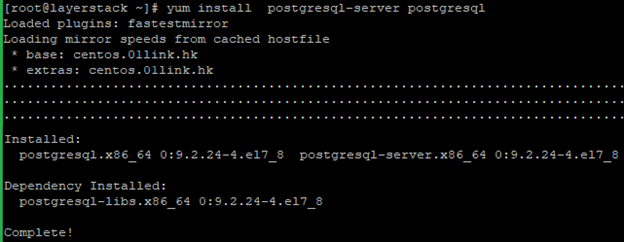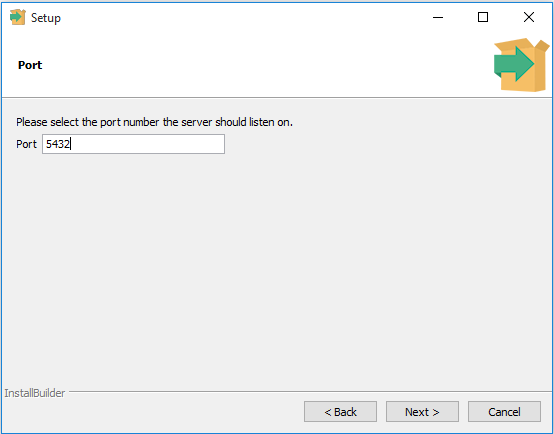

These include the distribution-related binaries, libraries, and documentation for your RedHat-like system. You are going to use the Ansible module.

The first step is to install the packages to perform server, client, and utils. In order to install PostgreSQL on a RedHat-like system, you need to perform three steps. Ansible Install PostgreSQL in RedHat-like systems I’m Luca Berton and welcome to today’s episode of Ansible Pilot. I’m going to show you a live demo and some simple Ansible code.

How to Install PostgreSQL with Ansible in RedHat-like systems?.If you want to choose a non-standard directory for Postgres binaries, ensure that you set the postgresqlPath for unattended installation.Access the Complete Video Course and Learn Quick Ansible by 200+ Practical Lessons Specify where the Postgres binaries are.Pick the target directory of Collibra (Default: /opt).What's next?Īfter the installation of the database binaries is completed, you must run the DGC installer to allow you to: If you don't update the PostgreSQL configuration file, you get an error that a test file could not be written. Tip The default PostgreSQL 14.7 path on Suse is /usr/lib/pgsql- 14. Zypper install postgresql 14 postgresql 14-server postgresql 14-contrib

Install PostgreSQL 14.7 with the following commands:.Tip The default PostgreSQL 14.7 path on RHEL/CentOS is /usr/pgsql- 14. Important Do not use the chmod command on any directories or files, edit this configuration file instead. #update this line:ĭ /run/postgresql 0755 postgres postgres -ĭ /run/postgresql 2777 postgres postgres. Open the file for editing, for example with vim or nano. Update the file /usr/lib/tmpfiles.d/postgresql- 14.conf to set the correct permissions for some PostgreSQL 14.7 folders.Yum -y install postgresql 14 postgresql 14-server postgresql 14-contrib #Prepare the PostgreSQL repository and packages: #Clean the YUM cache and update existing packages for your current Linux repository. Install PostgreSQL 14.7 with the following commands.You do need to execute the rest of the steps. Note If you have already installed PostgreSQL 11 before, you only have to execute the last command of the first step.


 0 kommentar(er)
0 kommentar(er)
